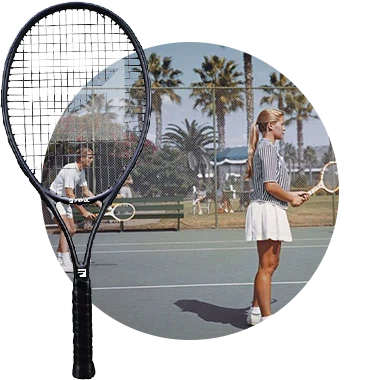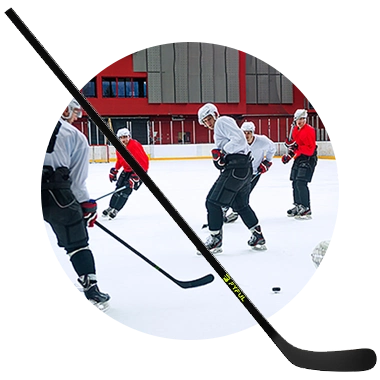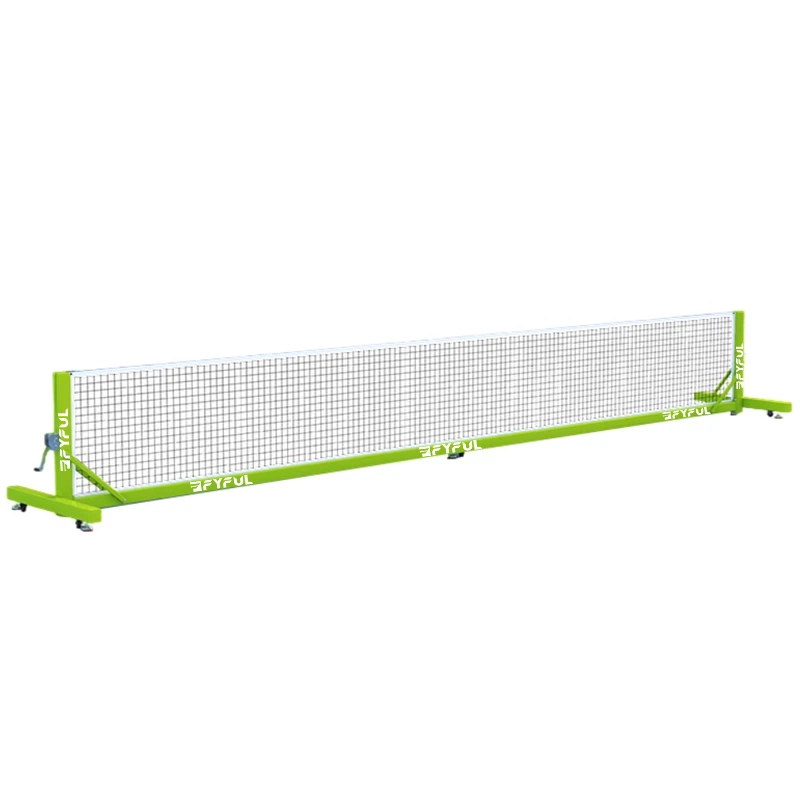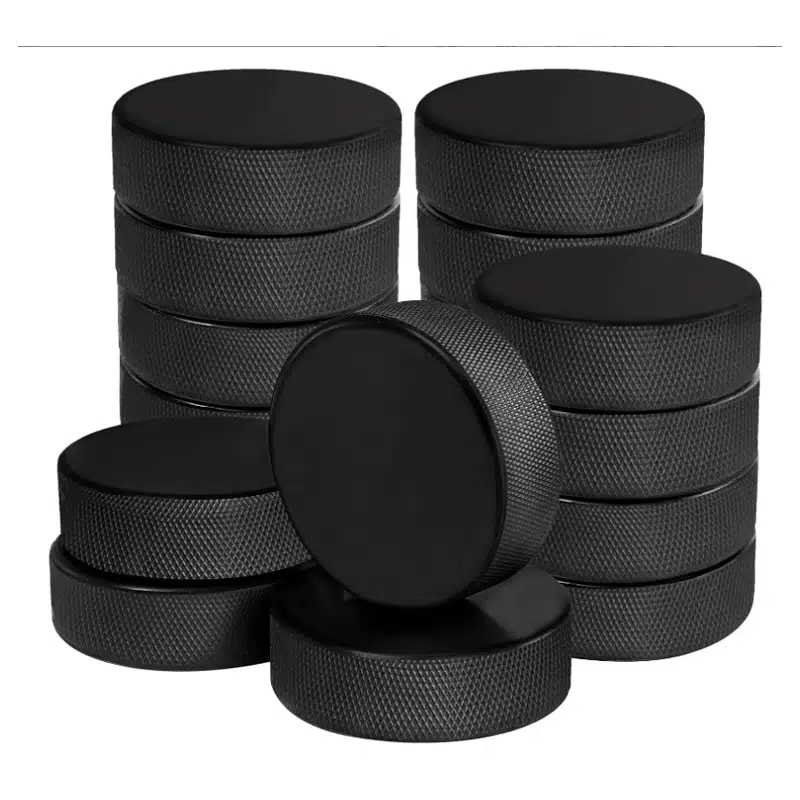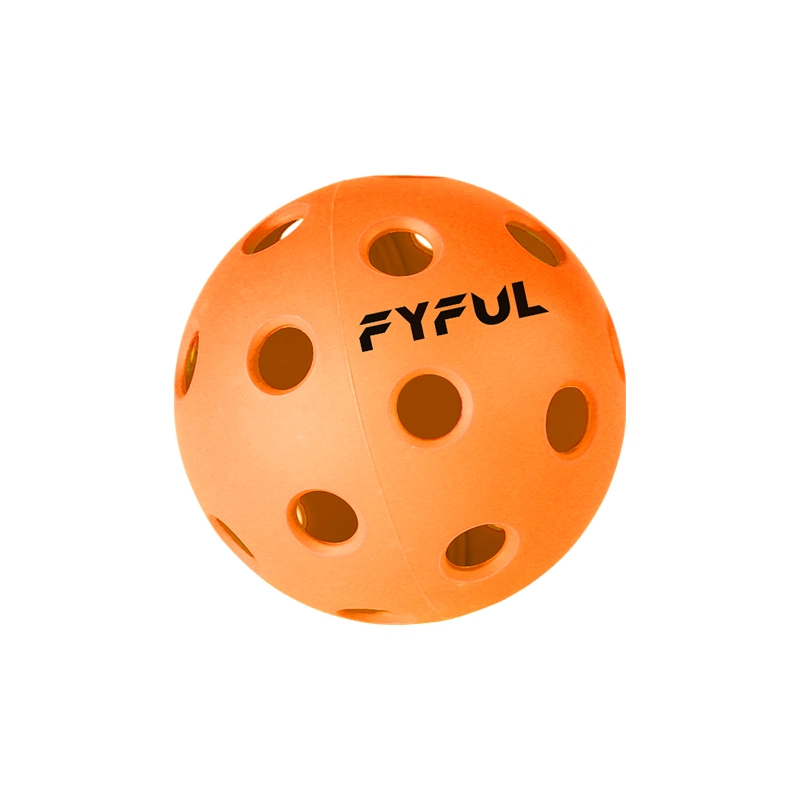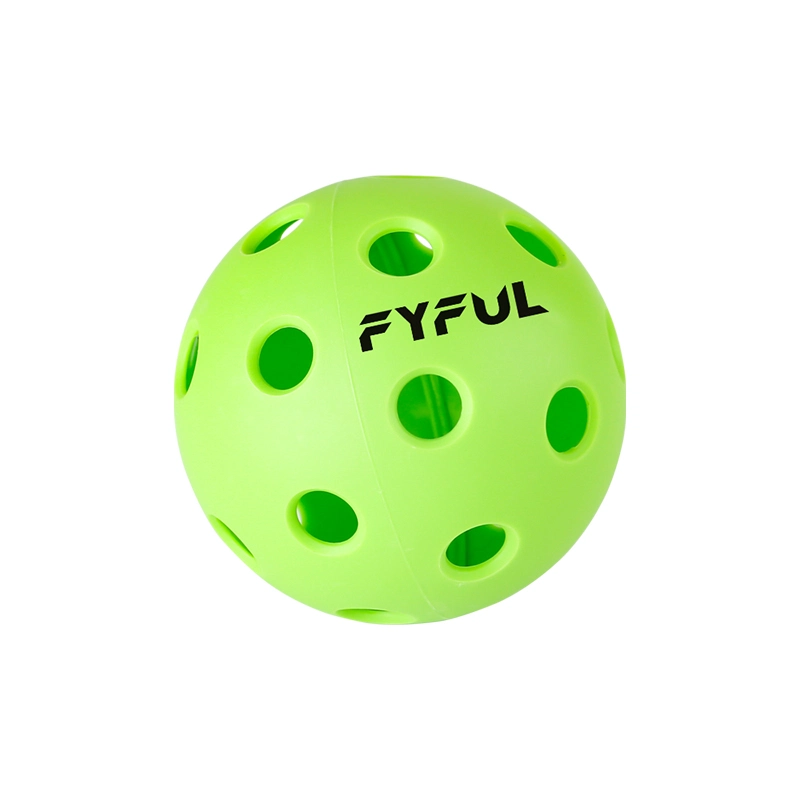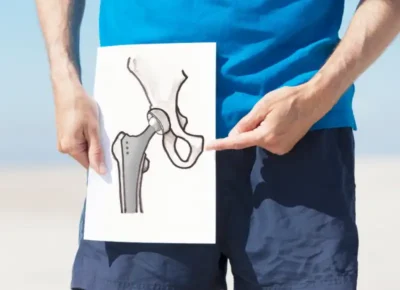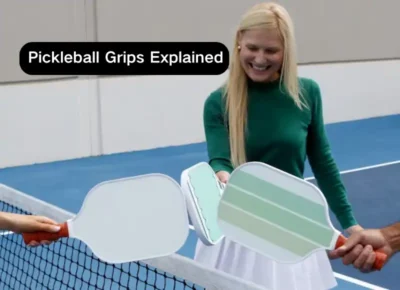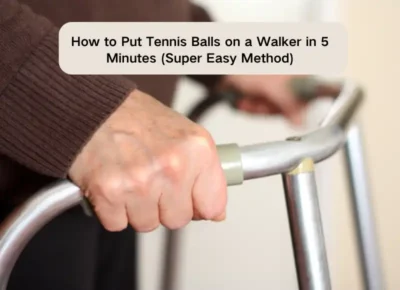Pickleball: Fastest Growing Sport – Especially for Seniors
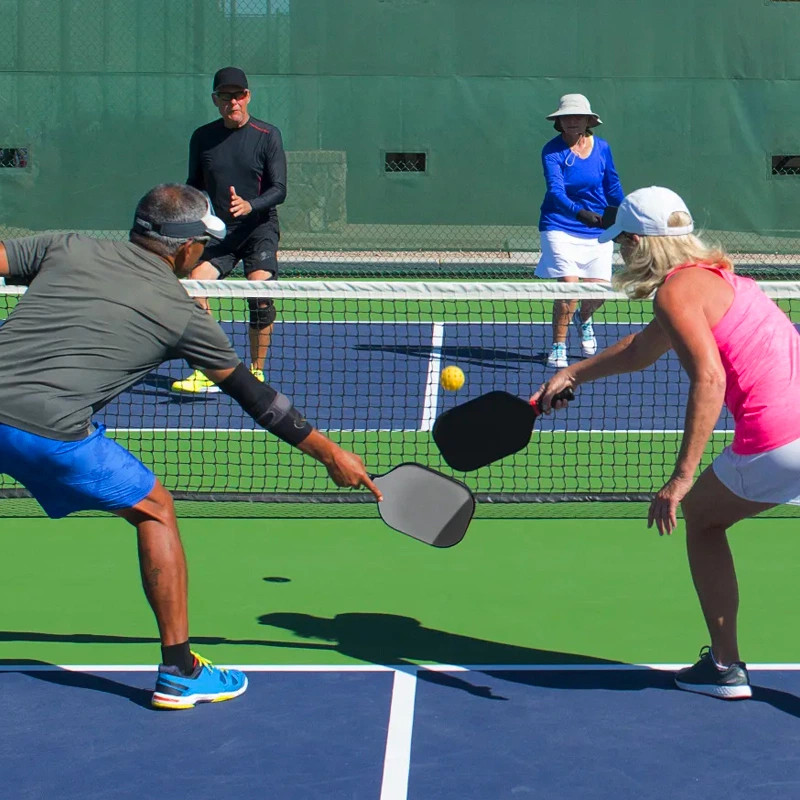
Source: https://www.minnesotamonthly.com/
What Injuries Do Seniors Get in Pickleball?
Strains and sprains:
Quick movements and sudden changes in direction can strain muscles and ligaments, leading to strains and sprains, particularly in the lower body, such as the ankles, knees, and calves.
Joint pain:
Repetitive motions involved in pickleball, especially twisting and pivoting, can exacerbate existing joint issues or cause new ones, resulting in discomfort and pain in areas like the hips, shoulders, and wrists.
Falls:
With the need for agility and stability, seniors may experience falls on the court, leading to injuries ranging from bruises to more serious traumas like fractures.
Fractures:
Falls or impacts during gameplay can sometimes result in fractures, most commonly in the wrists, ankles, or hips, which can be particularly debilitating for older individuals.
To prevent such injuries, seniors playing pickleball should focus on proper warm-up exercises, wear supportive footwear, maintain good form during play, and be cautious of their surroundings on the court. Additionally, staying hydrated and knowing personal physical limitations can help reduce the risk of injury during pickleball sessions. Regular stretching and strengthening exercises outside of gameplay can also improve flexibility and resilience in tennis players, ultimately enhancing seniors’ enjoyment and safety in the sport.
Pickleball Warm-up Exercise for Seniors
Source: Margaret Martin, Physical Therapist
Should Seniors Play Pickleball?
Health Benefits for Older Adults of Pickleball Tournaments
Low-impact exercise:
Pickleball offers a gentler form of exercise compared to many other sports, making it suitable for older adults with joint issues or mobility concerns.
Cardiovascular health:
Engaging in pickleball helps elevate heart rate, promote cardiovascular health and improve overall circulation.
Improved coordination and balance:
The game requires quick movements, precise shots, and swift footwork, which can enhance coordination and balance, crucial for fall prevention in older adults.
Social interaction:
Pickleball is often played in pairs or groups, providing opportunities for socialization and fostering a sense of community, which is beneficial for mental well-being.
Stress reduction:
Participating in pickleball can help reduce stress levels through physical activity and social engagement, contributing to better mental health outcomes for older adults.
Cognitive stimulation:
The strategic nature of pickleball, requiring players to anticipate opponents’ moves and adapt their strategies, can provide cognitive stimulation, potentially enhancing brain health and function.
Weight management:
- Regular participation in pickleball can contribute to weight management and maintenance, as it combines aerobic exercise with muscle engagement, helping to burn calories and build lean muscle mass.


